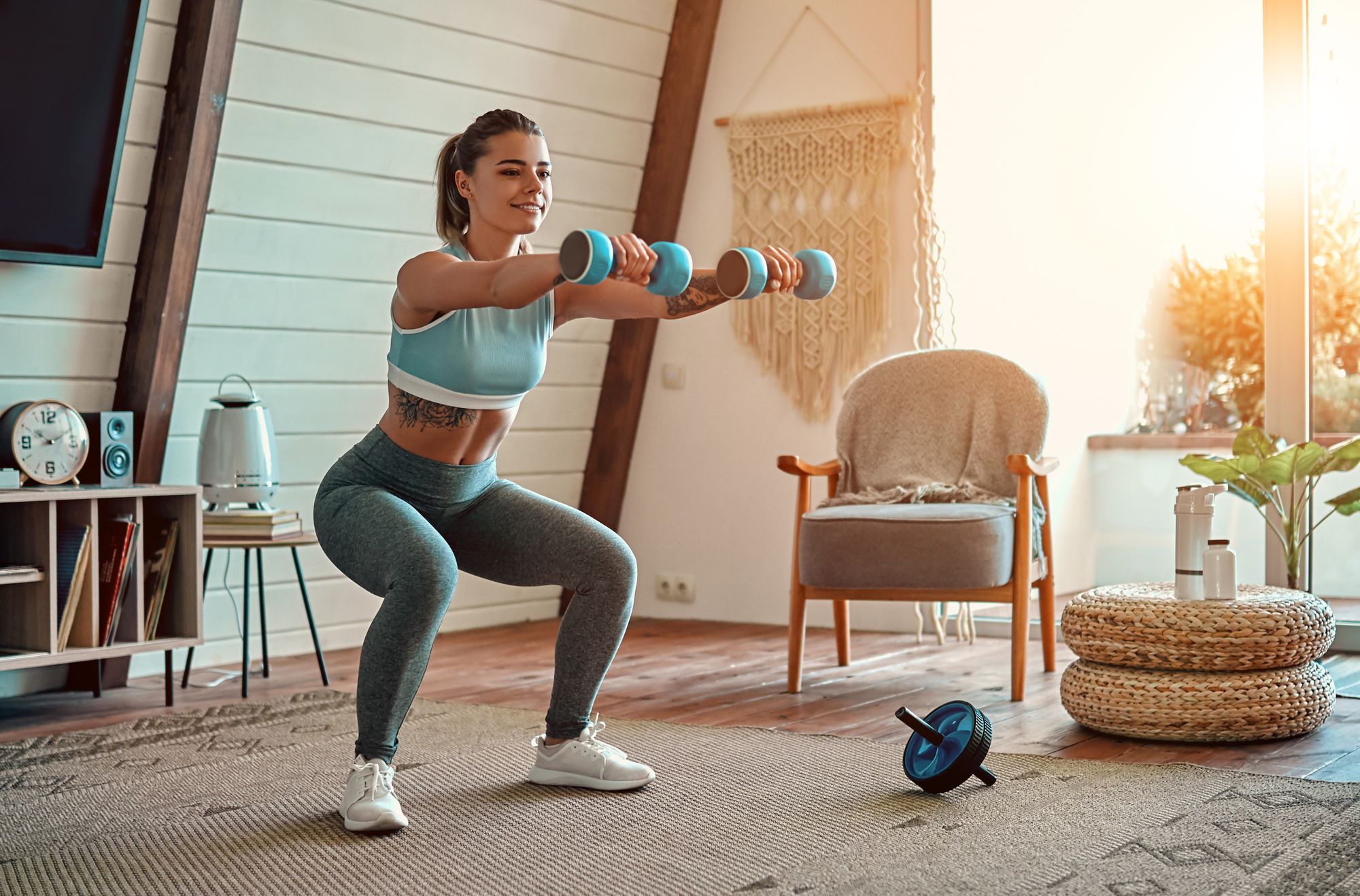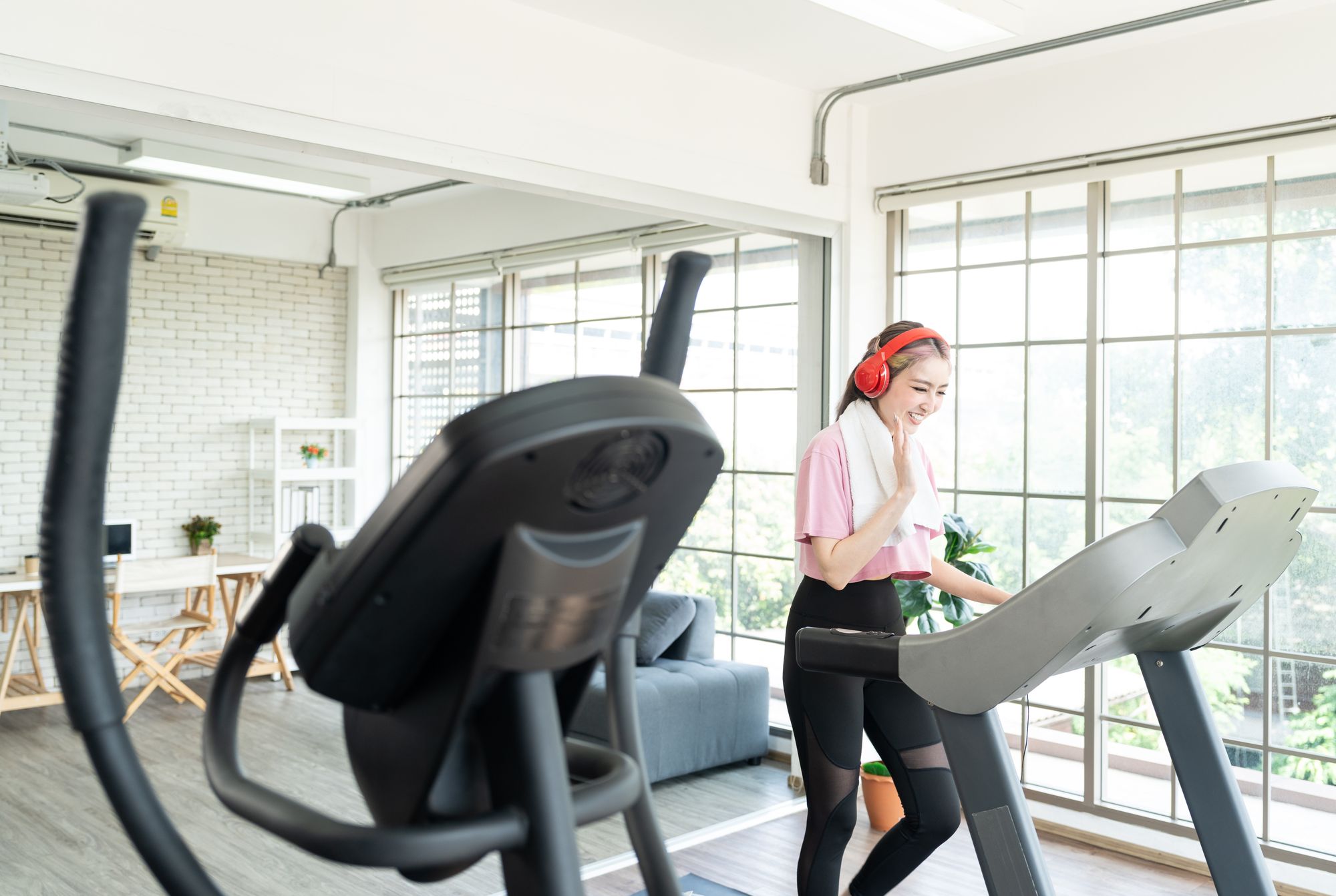Curious about the ideal workout duration for maximum effectiveness? You're not alone. While there's no universal answer for everyone's health and fitness journey, understanding how different lengths of exercise affect your body is crucial for achieving your fitness objectives. For expert advice on the optimal workout duration, we consulted Kyrie Furr, CPT, a certified personal trainer and performance coach with Barbend. Furr offers valuable insights tailored to various fitness goals, whether you're into strength training, cardio, high-intensity interval training (HIIT), or low-impact exercises.
A report from the Centers for Disease Control and Prevention (CDC) reveals that over 60% of U.S. adults don't meet the recommended physical activity levels, often due to busy schedules and limited free time. Does this resonate with you? If so, revising your workout regimen could be beneficial. This might involve finding more efficient ways to achieve similar results in less time. These expert tips are especially useful for busy professionals or anyone looking to enhance their fitness routine.
How Long Should You Exercise For Optimal Results?

The CDC's Physical Activity Guidelines for Americans suggest a minimum of 150 minutes of moderate-intensity exercise or 75 minutes of vigorous exercise per week. This guideline roughly translates to about 30 minutes of exercise per day, five days a week, providing a balanced approach in line with general health recommendations.
Kyrie Furr, CPT, emphasizes that while there's no universal answer for workout duration, there are some broad guidelines and personal factors to consider for determining the best length for your exercise sessions. "Factors like your current fitness level, specific goals, and available time should be taken into account to find the most effective workout duration for you," Furr advises. "It's important to establish a workout routine that not only aligns with your objectives but is also sustainable and fits comfortably into your daily life for long-term commitment.
Recommended Duration for Various Types of Workouts

The recommended durations for various types of workouts differ:
- Cardio exercises like walking, running, cycling, and rowing often call for 30 to 60 minutes of moderate-intensity activity.
- High-intensity interval training (HIIT) sessions are effective in shorter bursts, typically ranging from 15 to 30 minutes.
- Strength training sessions can vary in length, spanning from 45 minutes to an hour.
Kyrie Furr notes, "The optimal workout duration varies and is influenced by an individual's fitness level. For aerobic exercises such as running or cycling, the recommendation is to aim for at least 150 minutes of moderate-intensity exercise per week. Strength training, on the other hand, follows a different approach. The American College of Sports Medicine suggests performing strength training exercises for all major muscle groups two or three days a week. The exact duration of each strength training session can vary based on personal goals and fitness levels, but a common guideline is to target 45 to 60 minutes per workout.
Is There an Optimal Workout Duration?

Discovering the right balance—neither too long nor too short—is key to ensuring you challenge yourself effectively while avoiding overexertion. Striving for consistent, manageable workout durations that align with your fitness level and objectives creates a sustainable approach to achieving your health and fitness goals.
Kyrie Furr emphasizes, "There's a 'Goldilocks zone,' a sweet spot where you can optimize results without going to extremes. This spot is unique to each individual, making it challenging to pinpoint. It's not always beneficial to work out more, as overtraining is a genuine concern. Take HIIT, for example, which has gained popularity in recent years. HIIT involves short bursts of intense exercise followed by brief recovery intervals and can be completed in as little as 20 minutes. However, research has shown that it can yield comparable, if not superior, improvements in cardiovascular fitness compared to longer, steady-state workouts.
Is there a link between exercise duration, weight loss, and body composition?

Workout duration does impact weight loss and body composition, but it's just one piece of the puzzle," explains Furr. "While longer workouts do burn more calories, the quality of your exercise routine matters. HIIT has become popular because it delivers an effective workout in less time. However, achieving weight loss requires a well-rounded diet in addition to exercise."
Shorter, high-intensity sessions can contribute to calorie expenditure during and post-workout, whereas longer, moderate-intensity workouts can elevate daily energy expenditure. The key is consistency and adhering to a routine that suits you, regardless of intensity or duration. Finding a workout length that fits into your schedule and lifestyle is essential for maintaining a sustainable exercise regimen.

